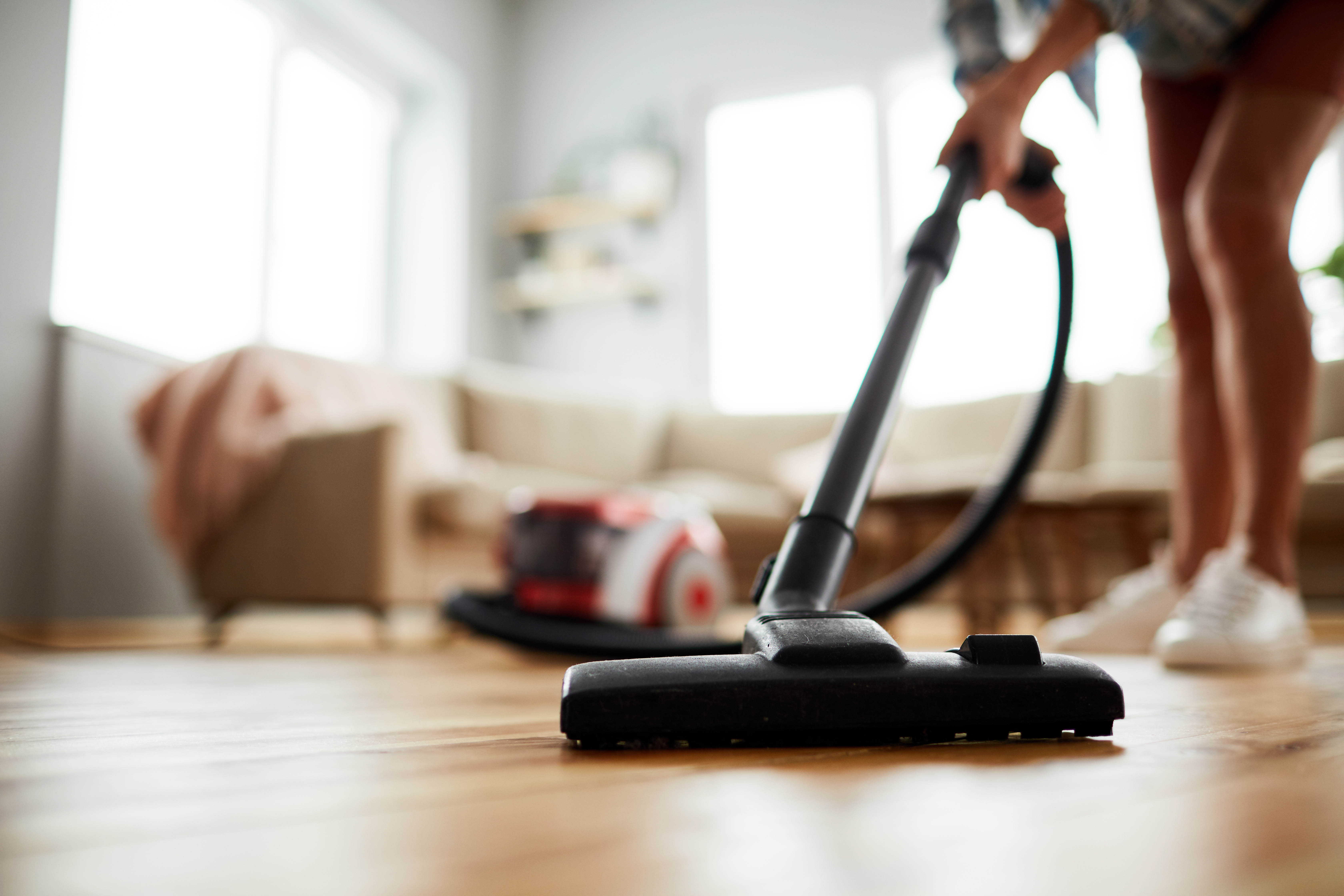Fitness
You won’t even know you’re exercising, but your body will — Harvard Gazette

Put down the clicker. Pick up a broom.
New findings, the latest to emerge from the long-running Nurses’ Health Study, show that even light physical activity, including housework, increases one’s odds of healthy aging, defined as reaching 70 free of mental health issues, memory issues, physical impairments, and chronic disease.
The research team, made up of investigators from the Harvard T.H. Chan School of Public Health, Brigham and Women’s Hospital, and institutions in China and Austria, studied 45,176 people over 20 years, using TV watching as a proxy for sedentary behavior. They found that every increase of two hours of daily TV cut the chance of healthy aging by 12 percent. By contrast, two hours of light physical activity led to a 6 percent increase.
6% Boost in chance of healthy aging for every two hours of light physical activity
It’s well-established that physical activity reduces the likelihood of early death and that vigorous exercise boosts the odds of healthy aging. Researchers behind the new study wanted to explore the impact of light physical activity.
The team cited several potential mechanisms for TV’s negative effects. Prolonged sitting, they say, causes cellular and molecular responses that impair skeletal muscle function and mitochondrial activity. Skeletal muscles, in turn, play important roles in glucose metabolism, while excess sitting has been shown to reduce insulin sensitivity, disrupt sugar and fat metabolism after meals, increase inflammation, and affect blood flow to the brain.
The work is particularly important today, the team says, because technology has changed the nature of both work and leisure for many Americans. People are less active than previous generations throughout the lifespan and tend to move even less as they age. Data from the study highlighted the extent of the problem, with just 8.6 percent of participants achieving healthy aging by the end of the 20-year follow-up period.
The research also confirms earlier findings indicating that watching TV is particularly damaging to health. The research showed that even substituting other sedentary behaviors like a sedentary job, driving, or a home-based sedentary activity improved the odds of aging healthfully over TV watching. Even substituting sleep, for those who get seven hours or less per night, increased the odds of healthy aging.
The good news is that improving one’s odds of aging healthfully doesn’t have to involve an exercise plan, as almost any light activity helps.
“These findings indicate that physical activity need not be high-intensity to potentially benefit various aspects of health, which has especially important public health implications, as older people tend to have limited physical ability to engage in moderate to vigorous physical activity,” the authors wrote. “Given the strong association observed between sedentary lifestyle and healthy aging, public health campaigns to promote health should not only promote increasing physical activities, but also decreasing sedentary behaviors, especially prolonged TV watching.”
The research was supported in part by grants from the National Institutes of Health.


)






